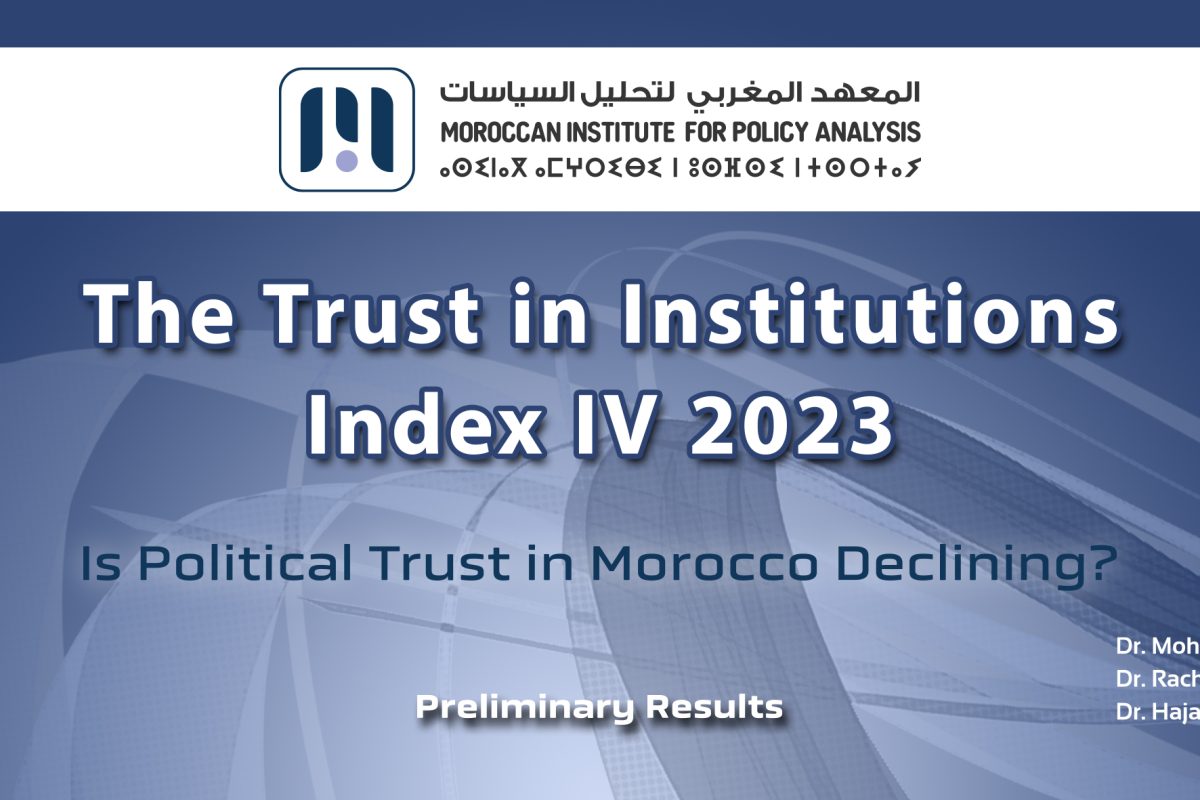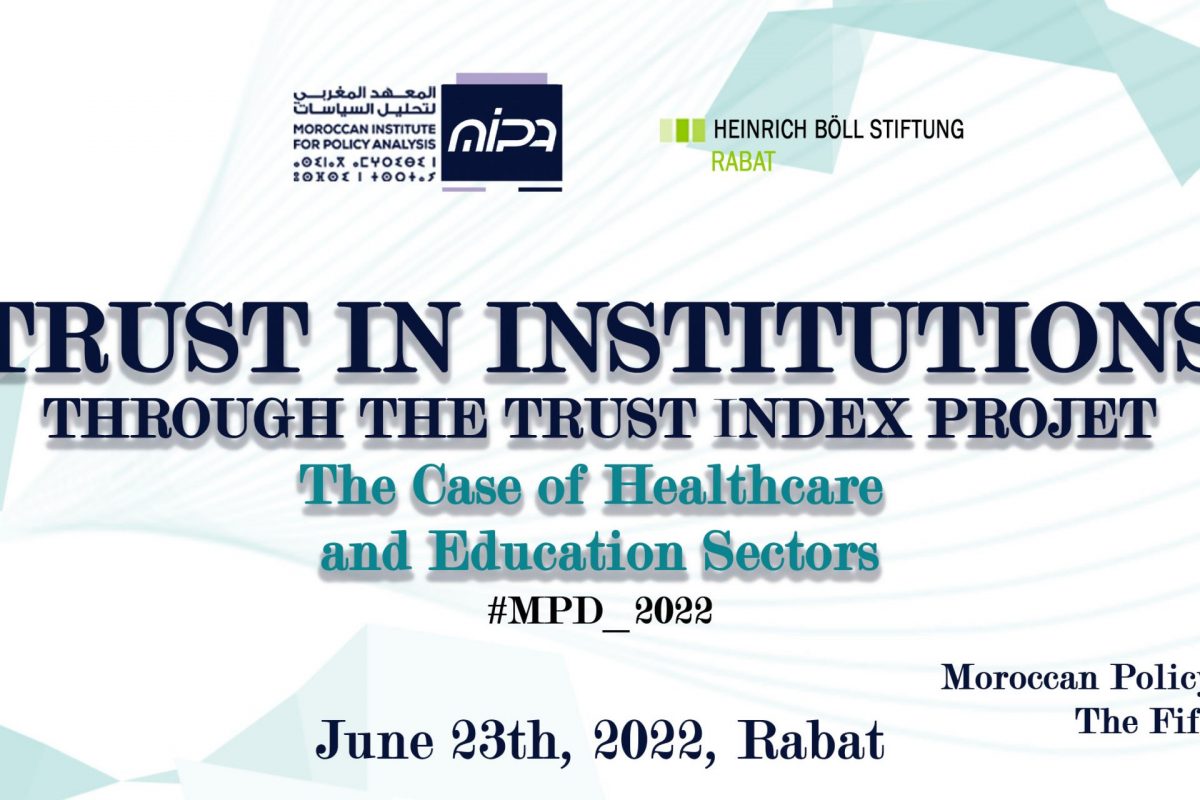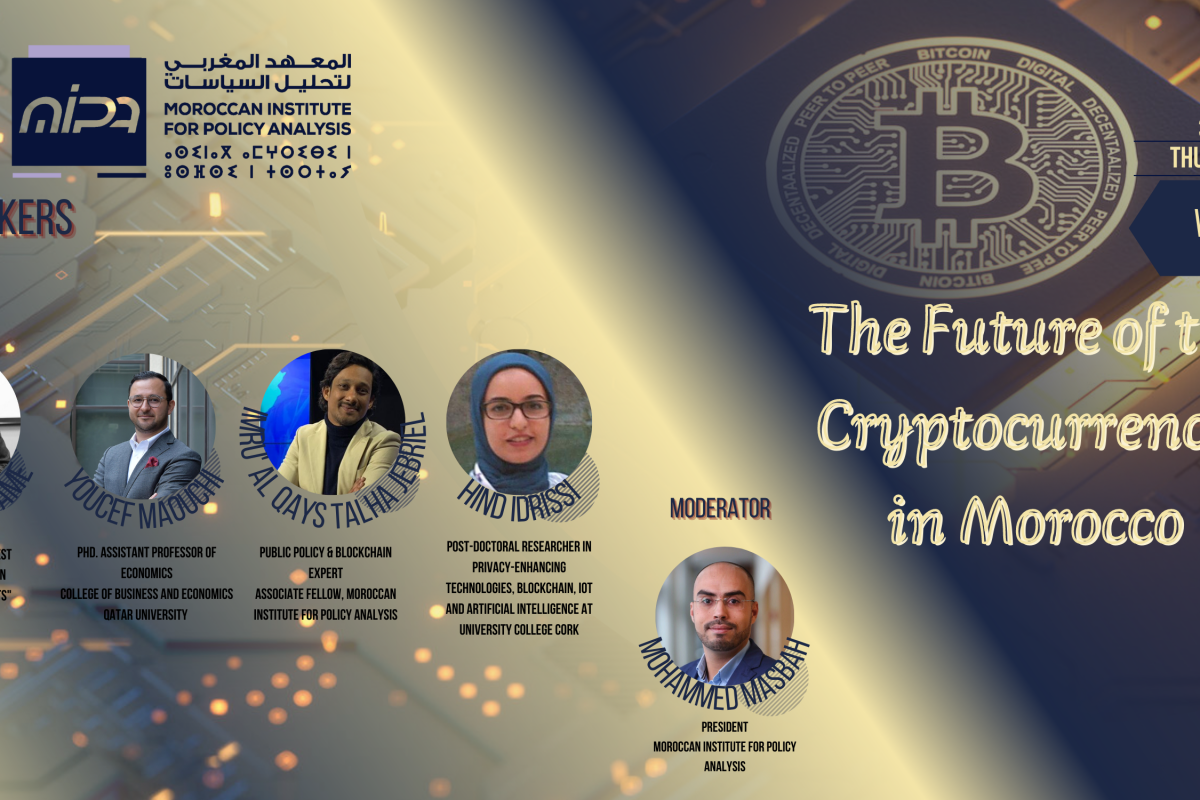[vc_row][vc_column][vc_column_text]
Concept Note
Collapsing Social Contract?
For decades, the state-citizen relationship in the MENA region has been based on a rather “authoritarian bargain” in which, the political regimes gratify basic services such as health, education and jobs in government at different levels in exchange for citizens to cede some of their political and civil rights. Despite the different strategies in which governments managed their internal policies, they all share the rentier nature of their political economy, characterized by active clientelist networks that resist attempts of political and economic reforms.
However, the popular protests of 2011 were a moment of announcement of the collapse of the existing “social contract” in the countries of the MENA region. It became clear that the so-called social contracts were one-sided, as citizens across the region openly rejected the underpinnings of the authoritarian bargains[1].
In fact, the 2011 upheavals have deep-rooted causes; whereas authoritarian governments of the region did not pay enough attention to what fueled dissatisfaction and increased mistrust, especially the social and demographic changes that were taking place in their countries, which have witnessed a prominent youth bulge, as the age groups of less than 35 years make up about two thirds of the population. There is also the factor of public education and school attendance for the majority of the population, in addition to the growing access and usage of new technologies and the changes in their worldviews as well as the raise of expectations. Corresponding to this is the low capacity of the local economies to absorb the thousands of youth into the job market every year, the rise of social inequality, the deterioration of public services including health and education, and the government’s inability to integrate / absorb the unemployed in both the public and private sector.
Hence, the struggle of the social contract in the region was not accompanied by the drafting of a new social contract that would pave the way to the formation of the state of “citizenship” instead of the state of the “subjects” الرعية, with few exceptions such as Egypt in 2012, Tunisia and Morocco through the adoption of new constitutions, organization of elections. However, these efforts have soon failed to achieve their objective, which is the establishment of a new political contract that is not reversible and is based on solid foundations. Tunisia can be perceived as an exception that culminated its journey by electing a constituent assembly and enabling Tunisians to gain a democratic constitution that formed the basis of the social and political contract, which defines rights and duties, and laid the norms for exercising power, despite the difficulties and obstacles facing the Tunisian experience, economically and politically.
In post-2011 Morocco, the momentum of street protests led to the amendment of the Constitution, which offered some margins of political openness. However, this openness did not last long, due to several setbacks since 2016. In fact, the 2011 Constitution did not introduce a paradigm shift in the authoritarian rule. Nearly a decade later, the highly-anticipated governance turned into a pattern of political regressions such as the securitization of the protests, the direct or indirect pressure against media and other downturns of the respect of public freedoms. Moreover, the Moroccan economy remains weak and unable to integrate the youth and unemployed, which resulted in other protests the Rif, Jerada and other regions since late 2016.
Trust in political institutions
The recurrence of protests in a number of countries in the Middle East and North Africa, such as Algeria, Sudan, Iraq, and Lebanon in 2019, showcases the reasons that prompted citizens to protest in 2011 were still present. The probability of sparking protests and turmoil is still high[2], especially with the worsening economic crises, the deterioration of living conditions and the spread of corruption. This shift has widened the gap between state and society and perpetuated the tension and conflict. The essence of the crisis derives from to the decline of trust between citizens and governments. Indicators of the Arab Barometer show a decrease in levels of trust in governments and social services in recent years[3].
The field study carried out by the Moroccan Institute for Policy Analysis in the framework of its project “Trust in Institutions Index” confirmed this trend which shows the low rates of Moroccans’ trust in the elected institutions. About 69% of Moroccans state that they do not trust all political parties, and only 23% trust the government. This lack of trust leads citizens to adopt a pessimistic view of the future. 69% of Moroccan participants expressed concern about the general direction in which the country is heading. Half of the interviewees showed their discontent with the economic situation, whereas 74% of interviewees believe that the government’s efforts to fight corruption are not efficient.
Hence, the Constitution of 2011 did not enhance citizens’ trust in the elected institutions. On the contrary, their mistrust of the elected institutions ability to improve their conditions increased, which explains to some extent the reasons for the rise in citizens’ trust in the security institutions (police and army) compared to the elected institutions; as the percentage of trusting them reached about 78 and 83% respectively. The official acknowledgment of the limitation of Morocco’s current development model[4]can be interpreted as recognition of the failure of the current social contract to provide the minimum level of the obligations of the state towards its citizens.
What is the role of Parliament?
The fragility of the elected political institutions is reflected in the weakness of the parliamentary institution; as the latter is considered the most important contractual institution between the state and society. Through Parliament, citizens’ representatives legislate, monitor the work of the government, evaluate public policies to hold executives accountable, and establish the culture of institutions.
In Morocco, the Constitution of 2011 provided the parliament with a central role and increased its competence. However, after nearly a decade the parliament has not, in practice, had the appropriate institutional and political prominence to renew the social contract and establish democratic practice in the country.
The results of the trust index indicated Moroccans have little trust in their Parliament, as it showed that only one third of those surveyed expressed their trust in the Parliament, whereas the rest do not trust it. Another important finding is that more than half of Moroccans are not aware of the role of Parliament, and even when they are, they are not exactly sure of all of its powers and roles. For example, when they were asked to name the heads of both houses (the House of Representatives and the House of Councilors) only about 10% of interviewees were able to answer. And when they were asked to name one member of the parliament, only about a quarter were able to answer. This indicates a significant lack of their knowledge of parliament and its roles.
Through the interviews conducted on the performance of the parliamentary institution, the participants affirmed that the Parliament in its current form is useless and unable to change things in real life. This perception was confirmed by some of the parliamentarians who were interviewed; as they considered that the Government does not take the Parliament seriously, especially that the Government, in their view, is slow to respond to MP’s questions and does not put mechanisms to follow up on the implementation of its obligations.
Ignorance of the roles of the parliamentary institution as well as its ineffectiveness are a significant factor of the declining trust in this institution, as citizens confuse the roles of parliament with the roles of other elected institutions. Most citizens believe that MPs are responsible for tasks that are in fact assigned to the local elected councils. Due to this mixing of tasks, citizens view parliamentarians as ineffective and untrustworthy, and this contributes to the deterioration of their image among public opinion.
The weakness of Parliament in particular will make the renewal of the existing social contract intractable. A new balance of power cannot be negotiated without a strong parliament that exercises its institutional and political powers.
The need for a new social contract
The figures indicating a decline in the level of trust in representative institutions is symptomatic of general frustration vis-a-vis the country’s political trajectory. One may assume the lack of trust is a result of the limited effectiveness of these institutions on the one hand, and discrediting political and representative institutions on the other hand.
This situation, characterized by the fragility of institutions, has economic and political repercussions that may affect, over the medium and long term, the stability and social peace. Moroccan citizens’ mistrust in their institutions hinders economic reform projects. Moreover, the lack of trust in the elected institutions weakens political participation, and thus leads to a lack of trust in the political process itself, and consequently lack of trust in the state, which may eventually have an impact on the legitimacy of the regime. Perhaps the most difficult challenge that any political regime may face is questioning its legitimacy. The crisis of legitimacy increases when there is no or little trust due to aversion and dissatisfaction, and culminates when people refuse to accept participation through formal channels of expressions, and, instead, resort to informal channels to express their grievances, hence widening the gap between the state and society.
As a result, there is growing need for a new political contract, which can define the framework governing the roles of the state and its institutions, as well as the rules and conditions that must be respected and worked within. This shift can take place under the supervision of an independent judiciary that imposes the respect the rule of law and maintain accountability, as it is the key for political institutions to restore its legitimacy and credibility that enable it to serve as a mediator between society and state effectively.
The Moroccan Institute for Policy Analysis dedicates the second edition of the “Rabat Policy Forum” to the question of social contract in light of the current institutional situation characterized by high levels of citizens’ mistrust in political institutions. The upcoming annual conference will provide an opportunity for public critical debate of the factors that led to the decline in trust levels. It aims also at analyzing the roles of the legislative institution in drafting a new social contract to help achieve economic development and social stability through proposing alternatives that would bypass the current stalemate and establish the ground for a new social and political contract.
Rabat Policy Forum
The forum is meant for research and political debate. It is held annually, gathering researchers as well as decision makers from different Moroccan and international institutions and universities. It aims to discuss issues related to public policy analysis and its evaluation.
The forum seeks to tackle issues concerned by public policy issues in Morocco and overseas. The aim is to introduce a profound critical academic dialogue between the specialists in the domain of public policy analysis and decision makers to achieve a comprehensive diagnosis of public policies through constructive criticism, proposing policy alternatives and thinking of potential options. The works of the forum will be culminated in publishing research in Arabic and English which will be provided to decision makers and experts in Morocco and other countries.
Moroccan Institute for Policy Analysis (MIPA Institute)
MIPA Institute is an independent think tank founded by a group of researchers from different specialties and scientific backgrounds. Part of its core objectives is to provide analyses to public policies in Morocco and other MENA countries. These analyses cover different political, economic, and social domains. Through its works, MIPA Institute seeks to give advice to the officials and governmental and non-governmental institutions as well as all kind of civil society bodies, meeting rigorous methodological standards adopting impartiality and accuracy.
The Main Themes of the Forum
This conference seeks to cover a variety of aspects of the social contract issue in the MENA region. Hence, the primary premise to this issue requires measuring the active engagement of major political and economic players (the state institutions, political parties, unions, businessmen, intellectual elites, and civil society actors) to renew the current contract. To establish a new institutional order, it is important that the main players negotiate and participate in the process.
The debate on social contract also requires questioning the prevailing economic model, especially when it comes to the fairness of the tax system, allocation of resources, and the school’s contribution to establishing a more robust social contract that is better able to meet the social demand of different social groups.
More specifically, the forum will focus on the following main axes in particular:
The old social contract: identifying malfunctions
This axis seeks to identify the elements on which the old social contract was based, and the reasons leading to its failure. The primary focus will be on political, economic and sociological factors that explain the failure of the old social contract.
The Parliament: What role for a new social contract?
Reconstructing the political institutions requires establishing democratic institutions with real representation and restricted powers, and cementing the principle of citizenship as a condition for any new social contract. Hence, this axis deals with the current role of the parliamentary institution in mediating between the citizen and the state, tries to describe the roles that the parliament currently plays, identifies the malfunctions marking the performance of the legislative institution, and also reflect on the opportunities and possible alternatives for the parliament to play greater roles.
A new social contract: What are the institutional pre-requisites?
This axis seeks to explain the reasons behind the need to develop a new social contract, as well as the pre-requisites, terms and contents of the contract, in addition to identifying the parties involved in this contract. It also seeks to try to anticipate the future and the prospects for the establishment of a new social contract by answering the following questions: What are the chances for drafting a new social contract? What is the role of citizens and civil society in negotiating a new social contract? What are the institutional mechanisms and political values that either help or hinder trust-building in institutions?
Footnotes
[1] ArabFractures:Citizens, States,And Social Contracts, Carnegie Endowment for International Peace, 2017. P: 15.
[2]Marwan Muasher, The Next Arab Uprising: The Collapse of Authoritarianism in the Middle East, ForeignAffairs, November/December 2018, (accesses: 01 March 2020) https://www.foreignaffairs.com/articles/middle-east/2018-10-15/next-arab-uprising
[3]Trust, Arab Barometer, (accesses: 01 March 2020)https://www.arabbarometer.org/ar/topics/trust/
[4]SM le Roi prononce un Discours à l’ouverture de la première session de la 2-ème année législative de la 10-ème législature, MAP, 13 octobre, 2017.(accesses: 01 March 2020)
Scientific Committee:
Dr. Mohammed Masbah, director of the Moroccan Institute for Policy Analysis
Dr. Rachid Aourraz, senior fellow at the Moroccan Institute for Policy Analysis
Dr. Abbas Boughalem, Mohamed I University, Oujda, Morocco
Dr. Mohamed Cherkaoui,George Mason University, USA.
Dr. Hicham Elmousaoui, Sultan Moulay Slimane University, Beni Mellal, Morocco
Dr. Said Saddiki, Sidi Mohamed Ben Abdellah University, Fez, Morocco
Dr. Zayneb EL Barnoussi, Al-Akhawayn University, Ifran, Morocco
Dr. Mohamed El Hachimi, Mohamed V University, Rabat, Morocco
Dr. Ikram Adnani, Ibn Zohr University, Agadir, Morocco
Conference Information
Location:
- Rabat
Language: Arabic and English for research papers. Interpretation of the work of the conference from and into Arabic and English will also be provided.
Key Forum Dates:
Deadline for receiving paper proposals for participation: March 31st, 2020
Respond to the papers accepted for participation: April 10th, 2020
Deadline for sending the final papers: May 15th, 2020
Final response to paper acceptance: May 25th, 2020
Conference date: June 5-6, 2020 in Rabat.
Contact the organizing committee via: contact@mipa.institute
Participation requirements:
Participation in the conference is open to Moroccan and foreign researchers who specialize in Arabic and English languages.
It is required in the proposed research to be novel, scientific, and objective and not a subject for previous participation or previously published.
Proposals must be in the range of 500 words (references excluded). The methodology adopted by the researcher, the context of the research and its hypotheses must be clarified and appended to the list of references to be adopted.
The final draft of the research must be in the range of 4000 words (references and appendices excluded)
Participations must be sent in Arabic or English.
Participants must send detailed CVs, and links to their previous participations or published articles if any.
All participations must be sent to: contact@mipa.institute
[/vc_column_text][/vc_column][/vc_row]
MIPA Institute
MIPA is a non-profit independent research institution based in Rabat, Morocco. Founded by a group of transdisciplinary researchers, MIPA’s mission is to produce systematic and in-depth analysis of relevant policy issues that lead to new and innovative ideas for solving some of the most pressing issues relating to democracy.


